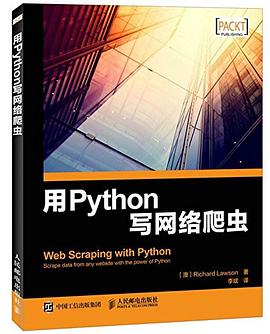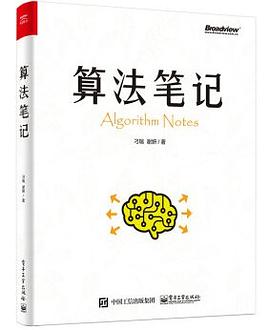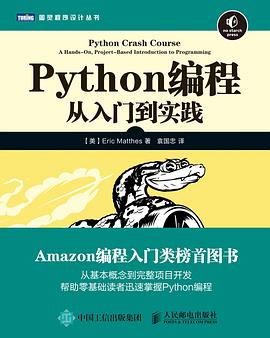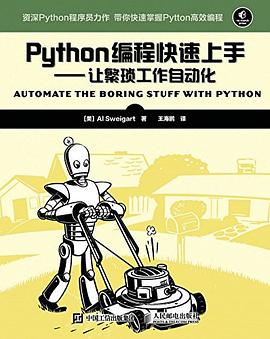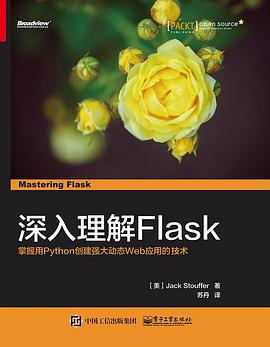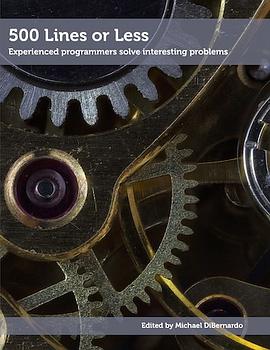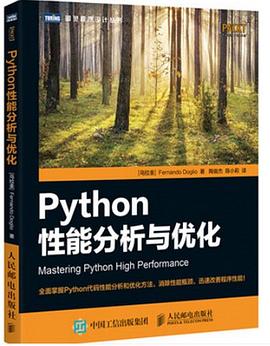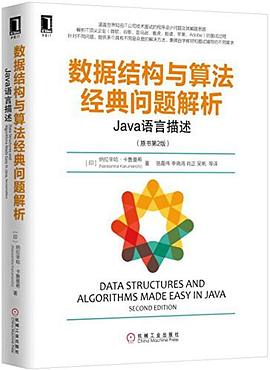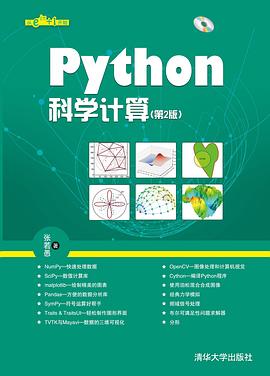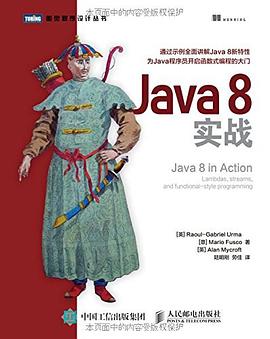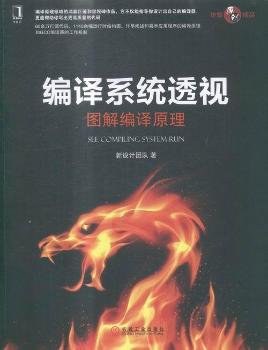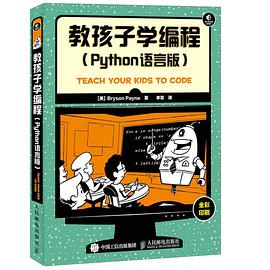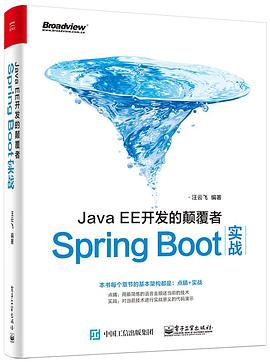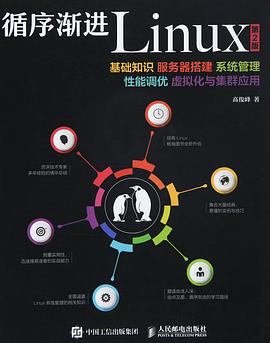

具體描述
Roberto Ierusalimschy is the leading architect of the Lua programming language, driving its development since its inception in 1993. He is an Associate Professor of Computer Science at PUC-Rio (the Pontifical Catholic University of Rio de Janeiro), where he works with programming-language design and implementation.
Roberto has a M.Sc. Degree and a D.Sc. Degree in Computer Science, both from PUC-Rio. He was a visiting researcher at the University of Waterloo, ICSI, GMD, and UIUC, and a Tinker Professor at Stanford. As a professor at PUC-Rio, Roberto was the advisor of several students that later became influential members of the Lua community. Roberto is also a Distinguished ACM Speaker and a member of the IFIP Working Group on Language Design.
Lua is spreading more and more throughout different areas of software, from embedded systems and mobile devices to the Web and the Internet of Things. Besides, it has a major role in the game industry, where knowledge of Lua has become an indisputable asset. Lua is the language of choice for anyone who needs a scripting language that is simple, efficient, extensible, portable, and free. Programming in Lua is the official book about the language, providing a solid base to any programmer who wants to use Lua. Authored by Roberto Ierusalimschy, the chief architect of the language, it covers all aspects of Lua 5---from the basics to its API with C. The book is the main source of programming patterns for Lua, with numerous code examples that help the reader to make the most of Lua's flexibility and powerful mechanisms. Programming in Lua is targeted at people with some programming background, but does not assume any prior knowledge about Lua or other scripting languages. This Fourth Edition updates the book to Lua 5.3 and marks a complete reorganization of the text. Building on his many years of experience teaching Lua, Roberto has restructured the book to present the material in a growing order of complexity, allowing the reader to better absorb the character of the language.
用戶評價
##Lua is becoming the language of choice for anyone who needs a scripting language that is simple, efficient, extensible, portable, and free. Currently, Lua is being used in areas ranging from embedded systems to Web development and is widely spread in the ga...
評分##翻譯的非常好啊,作者將中國的計算機技術又嚮前推進瞭一步。 Lua 是一門小而精的嵌入式語言,一個完整的 Lua 解釋器不過 200KB,與 Python、Perl 之類的腳本語言相比,Lua 先天的更加適閤嵌入式應用場景。無論是嵌入式實時操作係統還是嵌入式 Linux,無論是路由器等典型的傳統...
評分 評分##寫的簡潔,講的都是要點
評分##Lua可能咋一看很簡潔、好上手、庫函數少(所有函數放一起隻有一頁),但是要深入其實還是要費一番功夫的。當中有不少和其他常見語言不太一樣的用法、復雜性也是由於為保持語言的簡潔而額外引入的,這一部分對於非專業編程人員其實非常不友好,就比如table類型變量都是引用(tab...
評分##比起第一版內容要詳細很多,已經300多頁瞭。有些地方不免有些囉嗦,想要快速知道一個事情的做法不如 lua users wiki。但是此書經常告訴你 lua 為什麼要這麼設計,和 Fluent Python 一樣,是一本不可多得的好書。
評分 評分##翻譯的非常好啊,作者將中國的計算機技術又嚮前推進瞭一步。 Lua 是一門小而精的嵌入式語言,一個完整的 Lua 解釋器不過 200KB,與 Python、Perl 之類的腳本語言相比,Lua 先天的更加適閤嵌入式應用場景。無論是嵌入式實時操作係統還是嵌入式 Linux,無論是路由器等典型的傳統...
評分相關圖書
本站所有内容均为互联网搜索引擎提供的公开搜索信息,本站不存储任何数据与内容,任何内容与数据均与本站无关,如有需要请联系相关搜索引擎包括但不限于百度,google,bing,sogou 等
© 2025 book.tinynews.org All Rights Reserved. 静思书屋 版权所有

